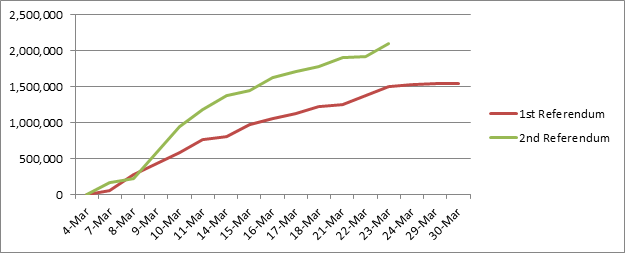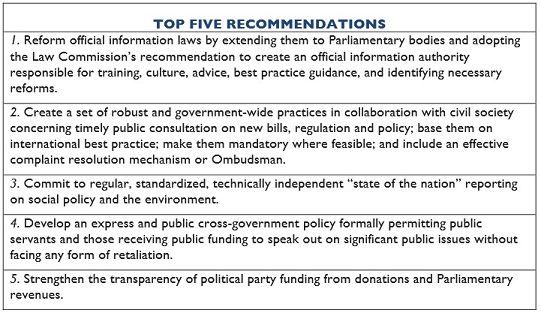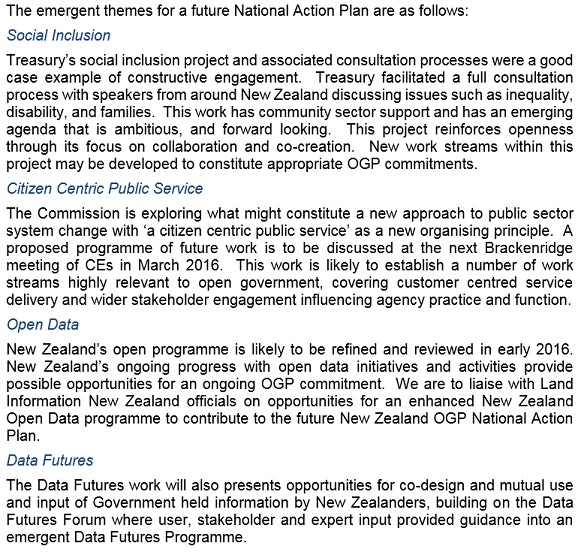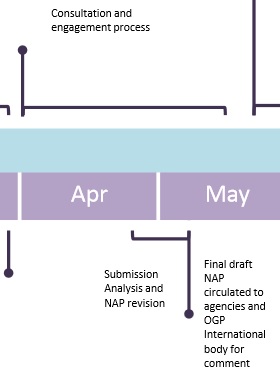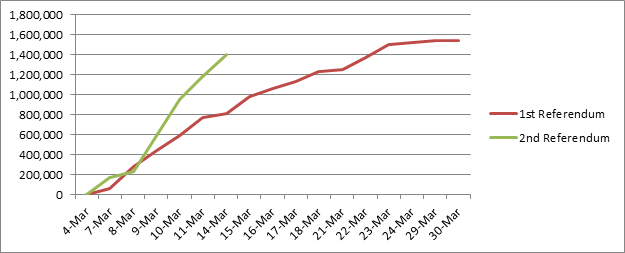Today the Parliamentary Commissioner for the Environment warned Parliament about a slow-motion red-zone due to climate-change induced sea-level rise. The PCE's warning was based on an expected one metre rise by 2100. But according to scientists, its going to be twice that:
According a study, published in the journal Nature, collapsing Antarctic ice sheets are expected to double sea-level rise to two metres by 2100, if carbon emissions are not cut.
Previously, only the passive melting of Antarctic ice by warmer air and seawater was considered but the new work added active processes, such as the disintegration of huge ice cliffs.
“This [doubling] could spell disaster for many low-lying cities,” said Prof Robert DeConto, at the University of Massachusetts Amherst, who led the work. He said that if global warming was not halted, the rate of sea-level rise would change from millimetres per year to centimetres a year. “At that point it becomes about retreat [from cities], not engineering of defences.”
One metre of sea-level rise poses severe problems for Wellington, putting Eastbourne, the South coast, and SH2 to the Hutt under greater risk of storm damage. Two metres is basicly going to put these areas under water. The costs of that are going to be enormous, and councils need to be able to prepare for it and inform people of the risks. Unfortunately, rich coastal property owners who want to dump the bag on someone else are getting in the way.
